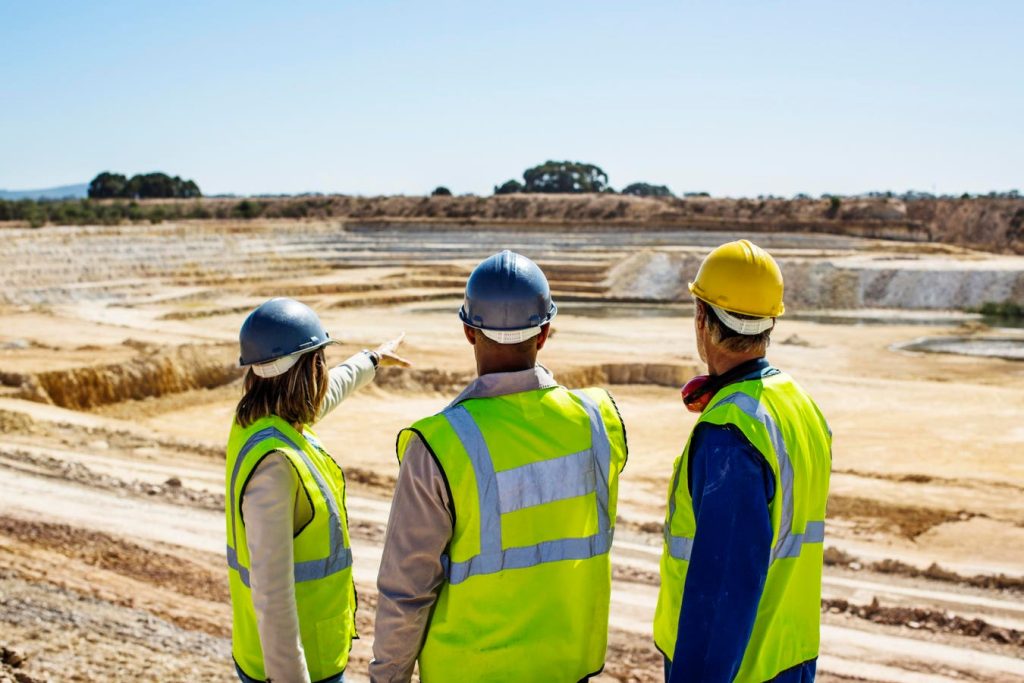Starting a new venture in an emerging market, such as West Africa, can be both challenging and rewarding. Natalie Bellis, CEO of The Seventy Ninth Group, shares her experiences of working in the Republic of Guinea and the importance of sustainable investment in this new environment. Sustainable investment, according to the OECD, involves economic, social, and environmental benefits outweighing costs. By adhering to economic, social, and governance (ESG) principles, businesses can contribute to local development, social progress, and economic growth.
Many obstacles, such as climate change, urbanization, and population growth, can complicate business operations in developing countries. By focusing on ESG goals, companies can address these challenges and empower local communities. For example, in the mining industry, the demand for critical minerals like lithium, copper, nickel, and cobalt is on the rise due to the shift towards renewable energy sources. Positive disruption is necessary to drive sustainable growth and innovation in sectors like mining.
To be a positive disruptor in Africa, businesses must prioritize local impact and sustainability. By addressing local issues, such as health and safety risks for artisanal miners, companies can make a tangible difference in the communities they serve. Improving local infrastructure, investing in technology, providing education and training opportunities, and rehabilitating land post-exploration are key aspects of sustainable investment strategies.
Climate finance plays a crucial role in addressing climate change impacts in Africa. The continent faces significant challenges due to climate change, with a financial gap estimated at $200-400 billion per year by 2030. Climate finance is essential for adaptation, mitigation, and building resilience against climate change events. Public-private partnerships, green investments, bonds, and loans, and projects promoting sustainable business practices are vital components of climate finance strategies.
Investing sustainably goes beyond financial returns—it is about improving the well-being of people, protecting the environment, and creating a resilient local economy. While the impact of investments in Africa may seem distant, positive changes can have a ripple effect that benefits global communities. By embracing sustainable practices and contributing to climate change resilience, businesses can make a positive impact on society and the environment. Through initiatives like the Forbes Business Council, business owners and leaders can connect and grow their businesses while promoting sustainability and social responsibility.












